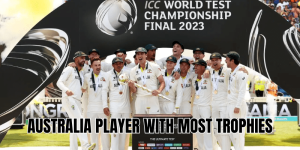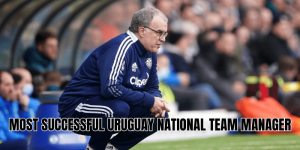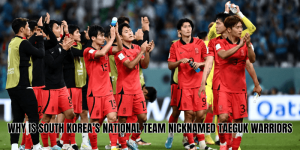In the world of football, success can be measured in many ways — trophies won, win rates, tournament runs, or even the emotional legacy left behind. But when fans and pundits ask, “Who is the most successful England national team manager?” the answer isn’t clear-cut. Today, let’s join ZaneyStrike to dissect the legends, the statistics, and the stories behind the names that define this debate.
What Defines “Success” For The England Manager?

Before crowning a “most successful” manager, it’s essential to clarify what criteria count:
- Trophies / Major Titles: for England, this is rare territory — the only major title came with one manager.
- Win percentage & match record: consistency over time is critical.
- Tournament performance (World Cups, Euros) — getting deep into knockout phases or finals.
- Longevity & influence: how a manager reshaped the national identity or squad.
Because England has a limited track record of major silverware, much of this debate hinges on win rate, tournament runs, and lasting legacy.
The 1966 Legend: Sir Alf Ramsey
Biography & Tenure
When Alf Ramsey took over in 1962, few expected fireworks. But he immediately made waves: discarding the wing-based system in favor of a more compact layout — hence his “wingless wonders” nickname. He famously declared, “We are going to win the World Cup,” and delivered. Under Ramsey, England claimed their only major trophy: the 1966 FIFA World Cup.
Stats & Impact
- In charge, Ramsey oversaw 113 matches with a record of 69 wins, 27 draws, 17 losses — a 61.1 % win rate. makers.co.uk])
- He also guided England to third place at Euro 1968, and took them to the quarter-final in 1970.
- Beyond results, Ramsey’s legacy is tactical: he modernized how England approached the international game, blending structure, pragmatism, and mental fortitude.
Because he remains the only England manager to win a major international tournament, Ramsey serves as a benchmark in this debate.
The High-Win-Rate Specialist: Fabio Capello
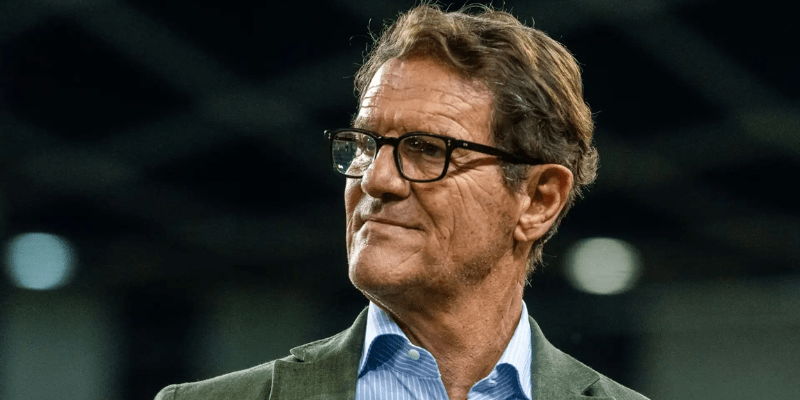
Some fans argue that consistency in victory matters more than achieving a single moment of glory. And in that sense, Fabio Capello holds an intriguing claim.
- During his England tenure (2008–2012), Capello oversaw 42 matches, winning 28 of them — a 66.7 % win rate, higher than any other England manager.
- However, his time with the Three Lions brought no trophies, and England’s performances in major tournaments (World Cup 2010 and Euro 2012) were disappointing. Wikipedia])
- Many critics argue he underachieved given the talent pool at his disposal — the so-called “Golden Generation” of Gerrard, Lampard, Rooney, and others.
Thus, Capello’s claim to the title of “most successful” hinges purely on statistical dominance in matches, not silverware.
Gareth Southgate: The Modern Standard
In recent times, Gareth Southgate has often been hailed as England’s most successful modern manager, and for good reason.
-, he led England in 102 matches, achieving 61 wins, 24 draws, and 17 losses — a win rate of ~59.8 %.
- Under his guidance, England reached the 2018 World Cup semi-final, the Euro 2020 final, and the Euro 2024 final. These deep runs elevated expectations for England’s competitive consistency.
- Many insist that his consistency in delivering knockout-stage appearances — even without winning a trophy — is unmatched in the modern era.
- His tenure ended in 2024 immediately following the Euro final defeat, but his impact and legacy continue to spark debate.
Some analysts even claim he already surpassed other England bosses in terms of success by broader metrics beyond just trophies.
Other Notable Figures & Contenders
While Ramsey, Capello, and Southgate dominate the conversation, a few other names deserve mention:
- Sir Walter Winterbottom: England’s first full-time manager (1946–1962). He served 139 matches, the most of any England manager. His win rate was lower, but his pioneering role shaped how the FA approached international management.
- Bobby Robson: Famous for inspiring performances. He took England to the 1990 World Cup semi-finals, re-energizing national belief. His overall win rate (~49–50 %) is less dominant, but his aura remains huge.
- Ron Greenwood, Don Revie, Terry Venables: Each had moments of success and tactical innovation but never matched the peaks of Ramsey or the consistency of Capello or Southgate.
Who Really Is The Most Successful England National Team Manager?
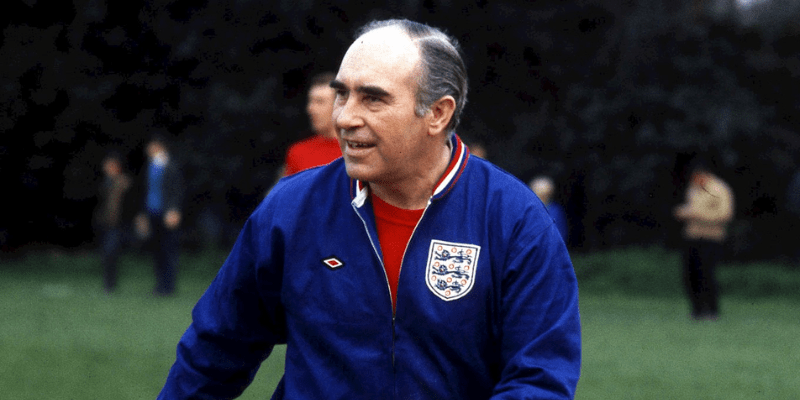
So where does that leave us? Let’s assess:
| Candidate | Trophy(s) | Win Rate | Deep Tournament Runs | Legacy & Influence |
| Alf Ramsey | 1 (World Cup) | ~61.1 % | 1966 Champion, Euro 1968 third, 1970 QF | Tactical pioneer, national legend |
| Fabio Capello | 0 | 66.7 % (highest) | Underwhelming in tournaments | Statistical perfection, underachiever |
| Gareth Southgate | 0 | ~59.8 % | 2018 semi, Euro 2020 final, Euro 2024 final | Modern consistency, public connection |
If your yardstick is major trophies, Ramsey is the clear winner — the only manager to lift a major title with England. If your focus is match consistency and dominance, Capello is unmatched by win percentage. But if your goal is sustained tournament relevance and rebuilding national identity, Southgate might edge ahead in modern discussion.
In truth, the most successful England national team manager isn’t one name — it’s a layered conversation. Ramsey’s trophy legacy is unmatched. Capello’s cold stats are awe-inspiring. Southgate’s era of consistency in big tournaments gives him a modern argument.
Final Thoughts
The most successful England national team manager remains a title fought on multiple fronts: trophies, percentage, legacy, and influence. Ramsey stands as the iconic champion. Capello dominates the statistical realm. Southgate redefined modern expectations. Each brings something unique to the table.
Which definition resonates most with you? Do you believe trophies outweigh consistency? Or does deep tournament performance matter more? Let me know — and if you’d like, ZaneyStrike can dive deeper into each manager’s style, tactics, and impact.

